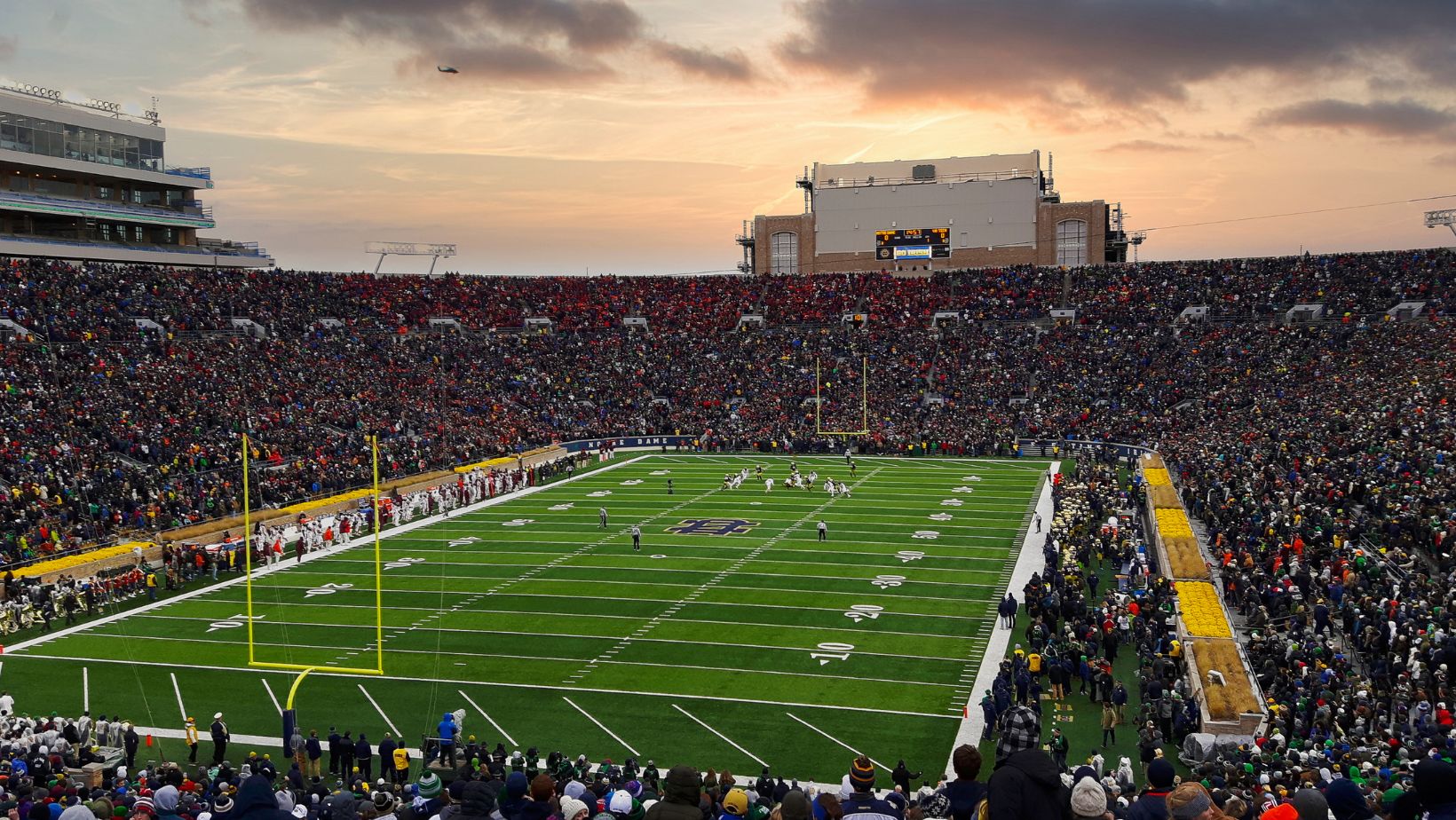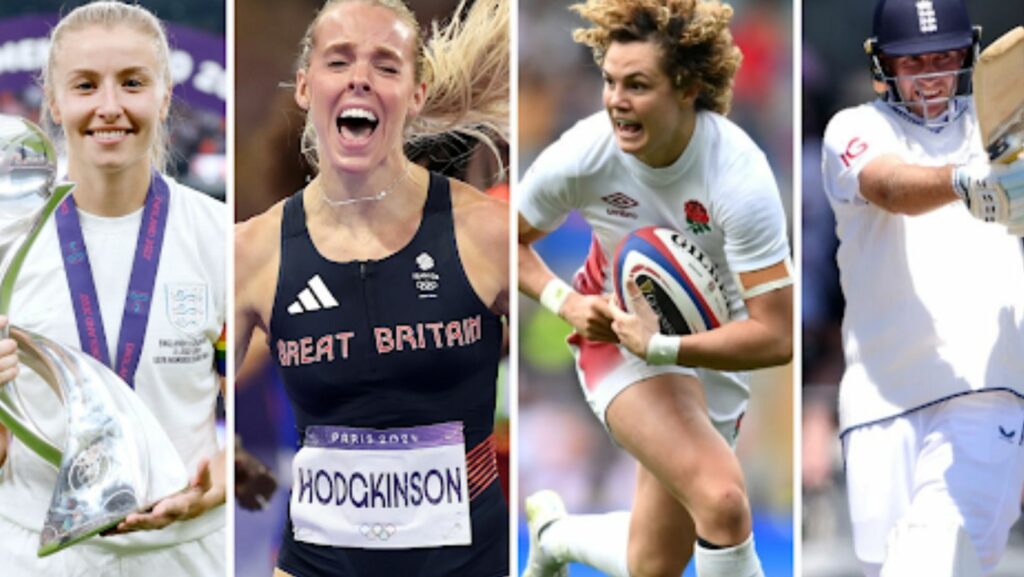This article details the most consequential global sports events on the 2025 calendar — across football, basketball, motorsports, tennis, cricket, and more — and digs into how those tournaments can move markets, attract investment, and reshape the global landscape of sports tourism, media rights, infrastructure, and local economies.
Major Multi-Sports Showcases: Summer Universiade (Rhine-Ruhr, Germany)
The 2025 Summer Universiade in Rhine-Ruhr, Germany, is set to be one of the year’s premier multisport gatherings, bringing together student-athletes from around the globe. The sheer scale of participation — both in number of disciplines and countries represented — demands temporary and permanent facilities, volunteer mobilization, and comprehensive organization. Massive student-athlete participation provides visibility for lesser-known sports, fosters youth exchanges, and garners media interest in education-linked athletic development. To accommodate track & field, swimming, gymnastics, and more, host cities often invest in upgraded stadiums, athlete villages, and transport hubs.
Those capital expenditures generate thousands of construction and service jobs in the lead-up to the games, with lingering benefit if facilities remain in use. Visiting athletes, support staff, officials, and fans contribute hotel occupancy, food and beverage revenue, local retail, transport, and cultural tourism. These inflows can offset some of the upfront public spending. Global sponsorship packages, local branding, licensing, and merchandise sales allow universities, youth sports foundations, and cities to recoup some of their investment. Media rights deals (television, streaming) globalize exposure for host regions.
Rugby League World Cup (France)
Although the 2025 Rugby League World Cup was initially planned, the tournament was cancelled and replaced by a 2026 edition. Nonetheless, the intended event reveals a template for how such a Cup can influence host economies. The 2025 RLWC had been slated to host mens, womens, youth, and wheelchair tournaments with 16 teams per category (93 matches planned). France had pursued hosting, with French organizers proposing a £49 million budget for the national tournament.
But the French organizers later withdrew citing financial constraints from national government pressure. Historical models (e.g., from 2013) suggest that hosting a Rugby League World Cup can yield increased tourism, infrastructure spending, and job creation. Global broadcast audiences and social media engagement can increase exposure to host markets and feed future tourism demand. Sportinglad’s analysis underscores direct gains in hotels, restaurants, ancillary services, and city branding. World Rugby emphasizes sustainable hosting practices, long-term community engagement, and maintaining legacy facilities. The cancellation of RLWC2025 demonstrates the financial and political risks involved when budgets and governmental support waver.
MLB London Series & Paris Olympic Qualifiers
Baseball’s expansion overseas in 2025 will be symbolized by the MLB London Series and baseball qualifiers tied to the Paris Olympics cycle. These events strategically push “America’s pastime” into new markets, with both sports and economic ambitions. Staging MLB games in London serves both as a spectacle and as a market test. The visibility draws MLB fans across Europe and secures new regional sponsorship and broadcast deals.
Temporary stadium modifications, fan zones, and promotional activations produce near-term employment and revenue for local vendors, transport, hotels, and ancillary tourism. Overseas MLB games command premium rights fees per market. Streaming in 4K HDR, tailored AI-curated feeds, and virtual zones augment viewership and monetization. By focusing on Paris Olympic qualifiers, MLB can tap into Olympic‐cycle promotional budgets and integrate more deeply with global sports authorities, potentially growing youth baseball in Europe.
FIFA U-20 Women’s World Cup (Colombia)
The 2025 FIFA U-20 Women’s World Cup in Colombia is among the flagship events promoting women’s football, particularly in developing markets. Young players from around the world can highlight their skills on a global stage, feeding into senior national teams and club opportunities. The tournament becomes a feeder for women’s professional leagues.

Stadium upgrades, training centers, transport, and security layers will demand capital. These improvements can serve local clubs and future competitions. Visiting teams, fans, media, and staff spend on lodging, dining, travel, and cultural tourism, benefiting host cities both during and beyond the tournament. FIFA-licensed partners, official merchandise, and broadcasting across global networks monetize interest in women’s football in underserved regions.
Cricket Champions Trophy (Pakistan)
The 2025 Champions Trophy brings elite One Day International cricket to Pakistan, helping boost cricket’s footprint and generate economic momentum in South Asia. Featuring top national teams, the tournament serves as a marquee ODI event, attracting viewership from traditional cricketing nations and newer markets. Pakistan must invest in stadium infrastructure, pitch preparation, audience facilities, and heightened security protocols. These upgrades endure beyond the tournament for domestic and international fixtures. While visitor numbers may be more regional, the inflows in hotel bookings, food and beverage, retail, and transit yield appreciable local and provincial revenue. Broadcasting ODI cricket across the Indian subcontinent and beyond commands robust rights fees. Local and global sponsors for cricket gear, apparel, and in-venue advertising drive revenue.
World Athletics Championships (Tokyo, September 13–21)
The 20th edition of the World Athletics Championships takes place in Tokyo, Japan, featuring 2,202 athletes representing 198 nations over 49 events. This marks the third time Japan has hosted, following Tokyo 1991 and Osaka 2007. With 198 nations and over 2,200 athletes, the tournament epitomizes scale. It also delivered a record number of nations winning medals (53 nations), with Samoa, Saint Lucia, Uruguay earning first medals ever, and Tanzania obtaining its first gold. The event deploys the National Stadium rebuilt for Tokyo 2020. Japan’s prior investment helps reduce incremental costs and reinforce long-term stadium legacy. Worldwide broadcasting and streaming in 4K, AI-curated highlights, in‐stadium AR experiences, and immersive fan zones ensure sustained exposure for Tokyo and Japan. Visitor arrivals, hotel stays, local transportation, restaurants, retail, and cultural tourism surge. The prestige of hosting such a global meeting can also reinforce city branding and future event bids.
Media & Technology Trends: Streaming, AR, AI & Virtual Fans
Technological innovation in 2025 will be integral to sports delivery, monetization, and fan experience. Major events stream in ultra-high-definition formats, while AI systems compile highlight reels, variable-angle replays, and personalized content tailored to individual preferences. Augmented reality overlays, virtual stadium tours, and interactive fan experiences extend reach beyond physical attendance, creating new revenue streams. Mid-tournament, many broadcasters, and leagues will embed betting promotions in partnerships, offering odds, predictions, and affiliate campaigns — further monetizing fan engagement and tying media, tech, and wagering ecosystems together. To ensure flawless global streaming to massive concurrent audiences, events rely on cloud servers, edge caching, and optimized transmission protocols across continents.
Economic Impact Dynamics
The net economic effects of hosting major sports hinge on multiple interconnected strategies and variables. While some infrastructure is temporary (e.g., temporary stands, broadcast villages), permanent facilities (stadiums, transport links) must have sustainable post-event use to justify long-term ROI. Construction contracts, hospitality, event operations, security, organization, and post-event maintenance jobs are key mechanisms for short- and medium-term employment boosts. Beyond the event window, host cities aim to leverage exposure to grow future visitation, conferences, cultural tourism, and further investment. The major revenue lines: exclusive broadcast and streaming rights; partner and naming sponsorships; licensed merchandise; hospitality packages; naming rights for venues. High public expenditure, environmental impact, and overlapping event schedules can produce backlash. Critics often point to “event fatigue” and sustainability concerns when multiple tournaments overlap in time or geography.
Governing Bodies & Host City Stakeholders
Sporting authorities and local government bodies play crucial roles in shaping event viability, funding, and long-term strategy. IOC, FIFA, ICC, MLB, and World Rugby push agendas of globalization, gender equity, youth development, and tech-centric delivery to expand their brands and rights portfolios. City tourism boards and municipal governments amplify exposure to secure long-term travel, corporate relocation, and improved international reputation. Media platforms, rights brokers, streaming services, and ad tech companies innovate content delivery to maximize engagement, sponsorship yield, and monetization.
Public Perception & Risks
How fans and citizens receive these events is crucial for legacy and future hosting ambitions. While global scale and diversity of 2025’s calendar generate excitement, overlapping dates and heavy scheduling can lead to burnout among fans and sponsors. Concerns about carbon emissions, transport impacts, and resource use are often raised. Historical precedent (e.g., RWC 2023) shows transport accounted for 94 % of the event’s carbon footprint. Mitigation measures such as public transport subsidies, sustainable energy, and carbon offsets are increasingly expected. Public scrutiny of budget overruns or underutilized infrastructure can intensify. Host bodies must navigate accountability demands and deliver tangible benefits to communities.
What to Watch & Why It Matters
The 2025 Sports Calendar is not just a roster of competitions — it is a global laboratory for how sport, media, and economics intertwine. From the Rhine-Ruhr Universiade to Tokyo’s World Athletics Championships, from the intended Rugby League World Cup to the cricketing showcase in Pakistan, every event carries risk and reward. Governments, sports federations, and cities will tally legacy benefits: tourism, infrastructure, media exposure. Meanwhile, fans will judge success through immersive streaming, virtual experiences, and seamless coverage. The real test is whether the economic and social returns justify the billions invested — and whether 2025 becomes a blueprint for future global sports symphonies rather than just another year of mega-events.

